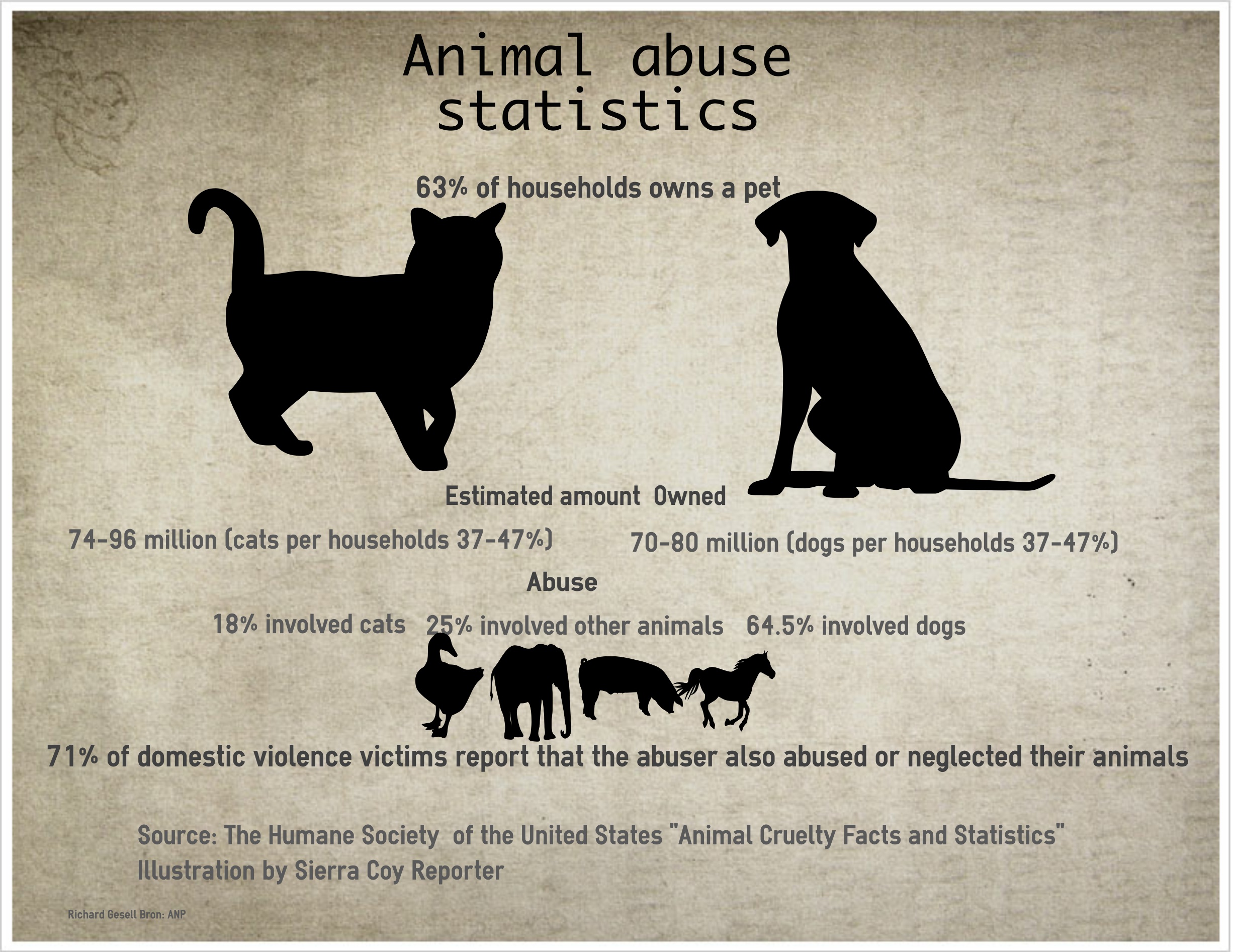Animal cruelty is an abhorrent act that stirs visceral emotions in many individuals. It raises a myriad of ethical and legal questions, perhaps none more provocative than the question: “Do you believe animal abusers deserve the death penalty?” To answer this inquiry, it is essential to delve into the complexities surrounding animal rights, the psychology of abusers, and the potential ramifications of imposing such an extreme form of punishment.
First, one must consider the ethical framework surrounding animal rights. As society progresses, there is an increasing recognition that sentient beings—those capable of experiencing pain, pleasure, and emotional responses—deserve protection and respect. This sentiment challenges traditional views that consider animals primarily as property. In a world where justice is often deemed essential, the debate over whether animal abusers warrant capital punishment becomes a reflection of our collective moral compass. Are we, as a society, prepared to equate the lives of animals with the lives of humans to such an extent that we can advocate for the ultimate punishment for those who inflict harm upon them?
On the one hand, some might ardently argue in favor of severe repercussions for animal cruelty, citing the psychological profile of many animal abusers. Research indicates a disturbing trend: those who engage in such heinous acts often exhibit antisocial behavior and may escalate to violence against humans. Consequently, proponents of harsher penalties may contend that capital punishment serves not only as a means of justice for the victims—often innocent animals who cannot speak for themselves—but also as a deterrent for potential offenders. The logic here is straightforward; an elevated risk of severe consequences may dissuade individuals from committing acts of cruelty.
However, while the notion of retribution seems appealing to some, the question of effectiveness looms large. Does imposing the death penalty effectively deter acts of animal cruelty? Studies on capital punishment in human criminal cases often reveal inconclusive results regarding its efficacy as a deterrent. Moreover, would such a punishment genuinely address the root causes of animal abuse? The complexity of human behavior suggests that addressing underlying issues—such as mental health concerns, childhood trauma, and societal influences—may prove to be far more productive in eradicating animal cruelty than merely instilling fear of retributive justice.
Moreover, the implementation of capital punishment introduces a labyrinthine array of legal and moral quandaries that cannot be overlooked. Legal systems across the globe grapple with the definition of justice, and applying the death penalty brings forth challenges regarding due process, human rights, and the potential for wrongful convictions. If one were to liken the act of punishing animal cruelty to the severity typically reserved for human offenses, it begs a deeper philosophical question: Are we prepared to accept the moral implications of such decisions? Capital punishment remains a contentious topic even in cases involving human beings; applying it to animal abusers magnifies the complexity of the discourse.
Furthermore, introducing the death penalty as a punitive measure for animal abuse may inadvertently devalue animal life by suggesting it can be traded for human retribution. This paradox highlights another crucial challenge: balancing justice for animals with an overarching respect for life. Should society prioritize punitive outcomes over preventative measures? The potential for rehabilitative programs looms as a more constructive path, fostering understanding and education around animal welfare, rather than perpetuating a cycle of violence and aggression through capital punishment.
While the emotional response to animal abuse is palpable, it is vital to filter that emotionality through a lens of rational inquiry. Violence begets violence, and the cycle of retribution risks further perpetuating these tragic patterns. Advocating for educational initiatives, community engagement, and increased funding for mental health resources may yield more substantive changes in human attitudes and behaviors toward animals and, by extension, reduce incidences of cruelty.
In considering the debate over whether animal abusers deserve the death penalty, we must also examine societal values and what they signify. To advocate for such extreme forms of punishment may indeed reflect societal frustrations with injustice over animal cruelty, but would doing so contribute to a culture of fear or a culture of compassion? Would it normalize the idea that one can take a life—whether animal or human—based on the perceived severity of a crime? The implications of such ideologies may resonate far beyond the immediate context and influence future generations’ views on justice, empathy, and connection.
Lastly, in pondering the question, “Do you believe animal abusers deserve the death penalty?”, it is imperative to acknowledge the multitude of perspectives and experiences that shape our interpretations of justice and cruelty. Ultimately, while advocating for stringent punishments for animal abusers is certainly rooted in a desire for justice, the question remains: how do we constructively channel our passion for animal welfare into effective action? While the death penalty may seem like a straightforward solution to some, a more comprehensive approach may provide the foundation for a more humane society, wherein both human and animal lives are valued and protected from harm.








